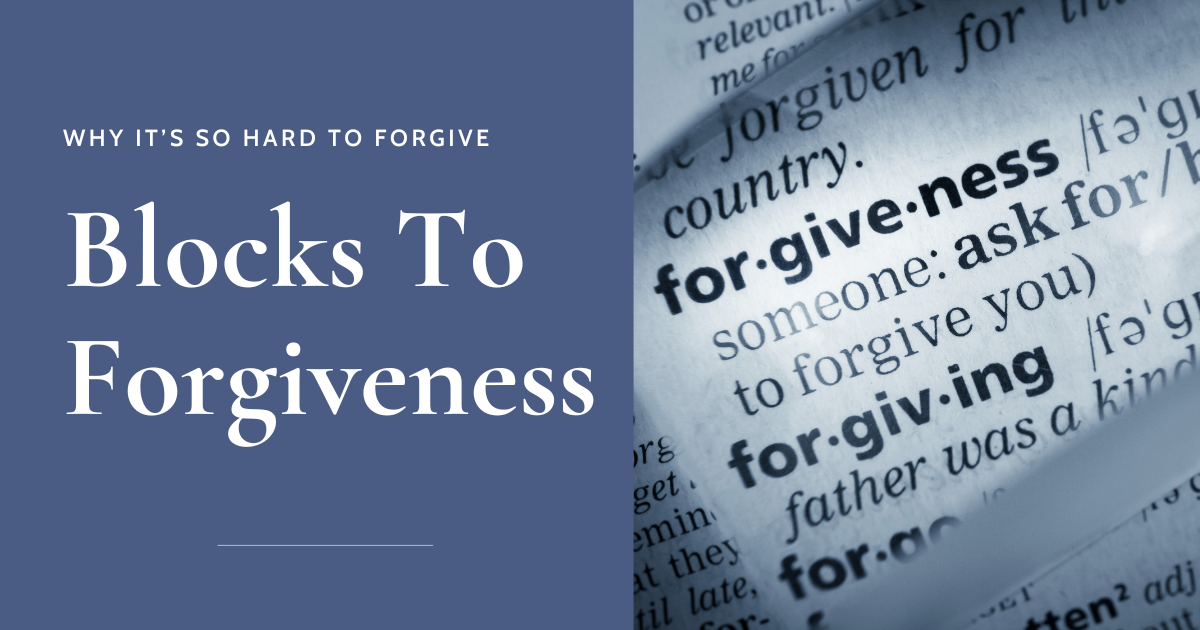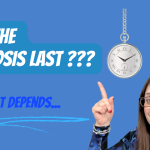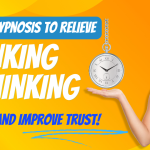Forgiveness is a concept that often stirs deep emotions and prompts difficult questions. Why is it so challenging for many of us to forgive? Even when the logical part of our minds suggests that forgiveness is necessary for emotional liberation, our feelings often resist. Understanding why forgiveness is difficult requires delving into its complex layers.
The Complexity of Forgiveness
Forgiveness is more than a simple decision; it’s an emotional process entangled with logic and feelings. While our logical minds might encourage forgiveness to release unwanted emotions, our emotions don’t always align. The subconscious mind and our inner child, which experiences everything as if it’s happening in the present, doesn’t recognize time. This adds complexity to the process of forgiveness.
The Origins of Emotional Responses
Our responses to events are crafted by the meanings we assign to them. As children, we interpret situations based on our limited understanding. Imagine a scenario where a parent yells at a child; that child interprets the situation emotionally, often internalizing beliefs like “I must remain silent to avoid conflict.” Such beliefs are simplistic and absolute but can linger into adulthood, influencing our ability to forgive.
The Role of Fear in Forgiveness
Fear plays a pivotal role in the struggle to forgive. Individuals may fear that by forgiving, they risk being harmed again, prompting them to build emotional walls. These walls, intended for protection, often lead to isolation, highlighting the paradox of forgiveness—our defenses might cause more harm than the initial offense. ### What Did We Lose and Find? When confronting a situation that requires forgiveness, it’s crucial to evaluate what was lost and what was gained at the time. Maybe you lost confidence or enthusiasm because of criticism. This can lead to adopting a protective but limiting belief system, often represented by the metaphor “if the only tool you have is a hammer, everything looks like a nail.”
Creating New Beliefs to Allow for Forgiveness
To move towards forgiveness, we need reflection. Quiet introspection or guided sessions help us unpack the incident, identify what we’ve internalized, and recalculate the meanings attached to our experiences. By doing so, we free ourselves from past grievances, allowing for a healthier perspective and emotional space to forgive. ### The True Essence of Forgiveness True forgiveness does not excuse the events or vindicate those at fault. Instead, it liberates us, offering a fresh perspective and emotional freedom. It allows us to see situations anew, letting go of past burdens and enabling us to express our authentic selves. Embracing the journey through forgiveness can be healing, providing peace and clarity. As you reflect on the layers within your experiences, may you find the strength and perspective needed to achieve true freedom through forgiveness.
Thank you for your trust.











